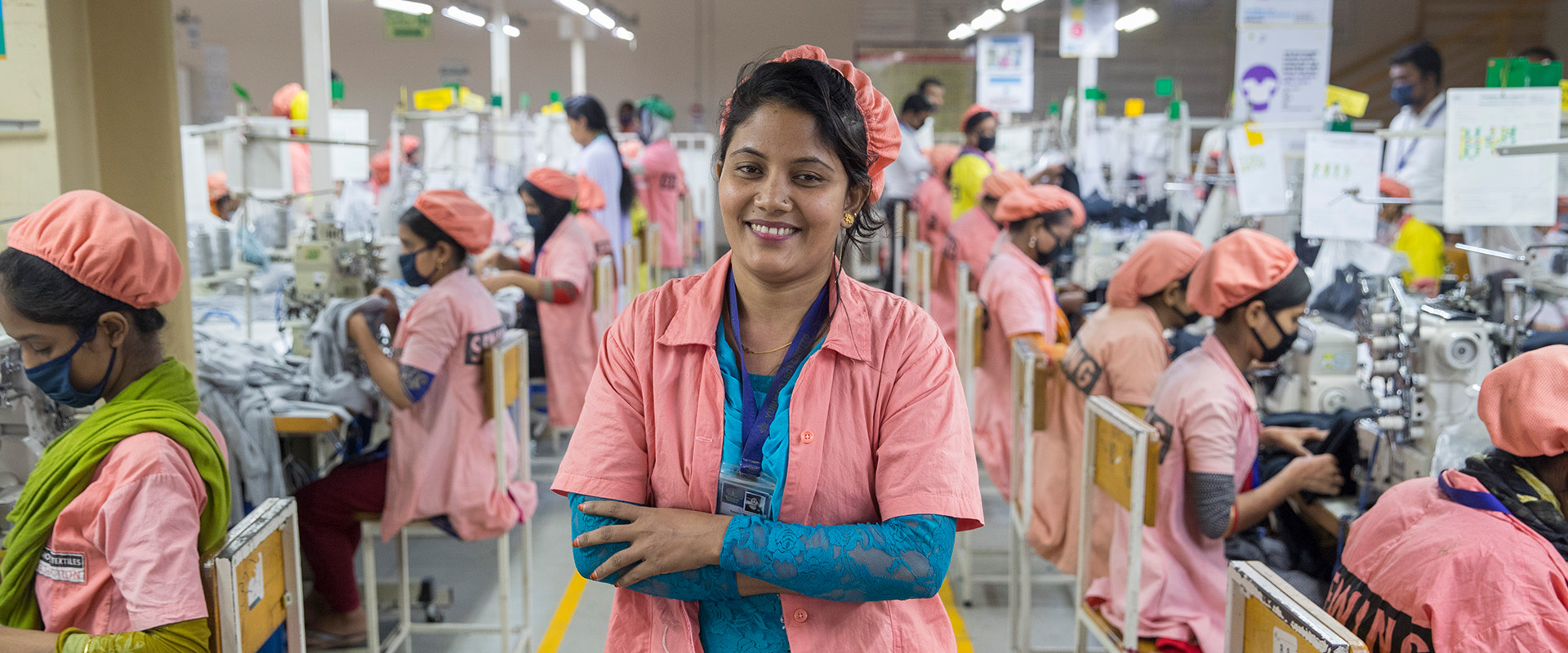
Ethical Sourcing
View our latest Ethical Sourcing Report here.
With our extensive sourcing programme in New Zealand and abroad, we recognise that we have a responsibility to protect the welfare of the hundreds and thousands of workers in our supply chain. In 2004, we voluntarily established an ethical sourcing programme, making us one of the first large companies in New Zealand to create a formal policy. Since then, we have been on a journey to continually improve and extend the scope and effectiveness of the programme.
Ethical and sustainable sourcing is a complex sector. We are proud of the progress we have made through our programme, and recognise there is still work to do as we strive to improve labour and environmental standards in our supply chain. In addition to ensuring our suppliers meet our robust policy and guidelines, we also participate in several international initiatives that work to further these standards.
Our programme at large
Our policies, and a description of our due diligence and remediation processes are published on The Warehouse Supplier website. In practice, our due diligence is implemented through supplier pre-qualification processes (for new factories), and ongoing continuous improvement initiatives and training. Through these activities we strive to ensure that only factories which meet or exceed our standards can supply goods bearing one of The Warehouse’s private labels.
Working with factories
To qualify new candidate factories we first invite the factory to submit any existing labour standard credentials they may have in the form of a recent audit report undertaken for another customer. We take a cautious approach to such mutual recognition however, and in most cases, factories must undergo our own independent audit.
These audit findings are then assessed against our policy, especially for zero tolerance standards like child labour, voluntary labour, or non-transparent audit practices. Once a factory is qualified and manufacturing for one of our private labels, we maintain visibility of standards through an ongoing monitoring and continuous improvement cycle.
Our prequalification processes are intended to screen out poor performing factories before they enter our supply chain, however, should a zero-tolerance issue be encountered within an active factory, we suspend business and call for an immediate rectification of the issue. If this is not achieved, we permanently discontinue trading with that factory.
Our initiatives
HERproject
In 2019 we partnered with non-profit Business for Social Responsibility (BSR) which operates HERproject in factories around the world. The HERproject initiative provides financial literacy and health awareness to empower women in the Bangladesh factories we work with.
We’re incredibly proud of our partnership with the programme and in 2020 our first two HERproject factories concluded. We are delighted with their contribution to feminine health and hygiene in those workplaces and have enrolled two new factories in these programmes.
Responsible Business Alliance
Migrant workers play an important role in many economies, including New Zealands, but they are often vulnerable to unwitting or deliberate exploitation, on a spectrum from unpaid overtime to modern-day slavery. In Malaysia, a country with a very high number of foreign migrant workers, our audit programme had uncovered some systemic problems associated with the recruitment of foreign migrants.
To address this, we invited two of our Malaysian partners, Muda Paper Converting (our leading school stationery supplier) and Evergreen Fibreboard (a leading supplier of flat pack furniture), accepted our invitation to join the Responsible Workplace Programme, an initiative designed to address poor recruitment practices and worker rights. This programme was developed by the Responsible Business Alliance (RBA)
Better Cotton Initiative
The Warehouse became a member of the Better Cotton Initiative in 2019 - the world’s largest cotton sustainability programme. Through the Better Cotton Initiative, farmers receive training on how to use water efficiently, care for the health of the soil and natural habitats, reduce use of the most harmful chemicals and apply decent work principles.
Cotton is one of the most popular commodities in the world. Thanks to the work of the BCI, farmers in the cotton supply chain can have a voice and can work to improve the sustainability of this vital crop.
Ethical Sourcing Report
Every two years we produce an in-depth ethical sourcing report, recapping our new initiatives, supplier and customer surveys, current trends in the ethical sourcing space, and what we’re setting our sights on for the year to come. The report also contains a list of all the factories supplying our private label ranges. .
View our previous reports:
Ethical Sourcing Report 2017


